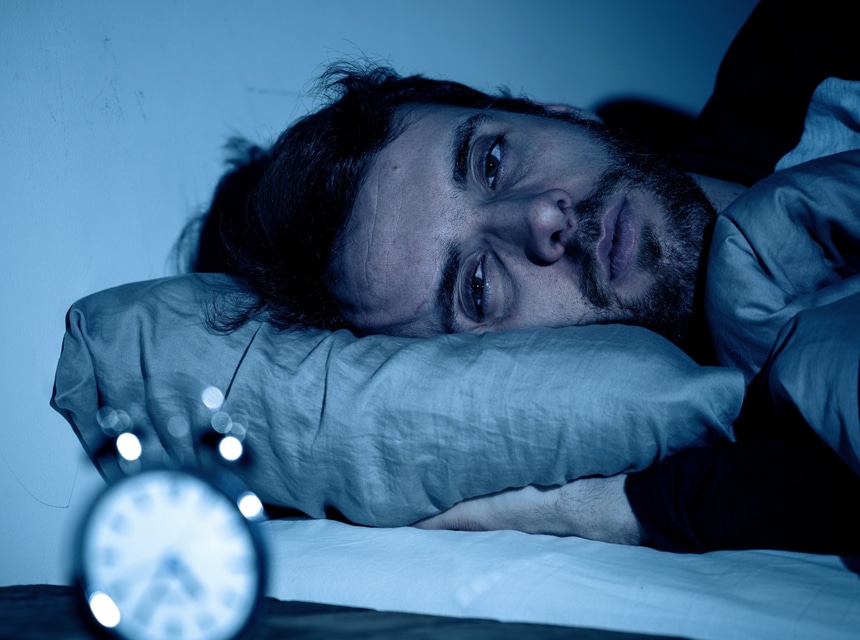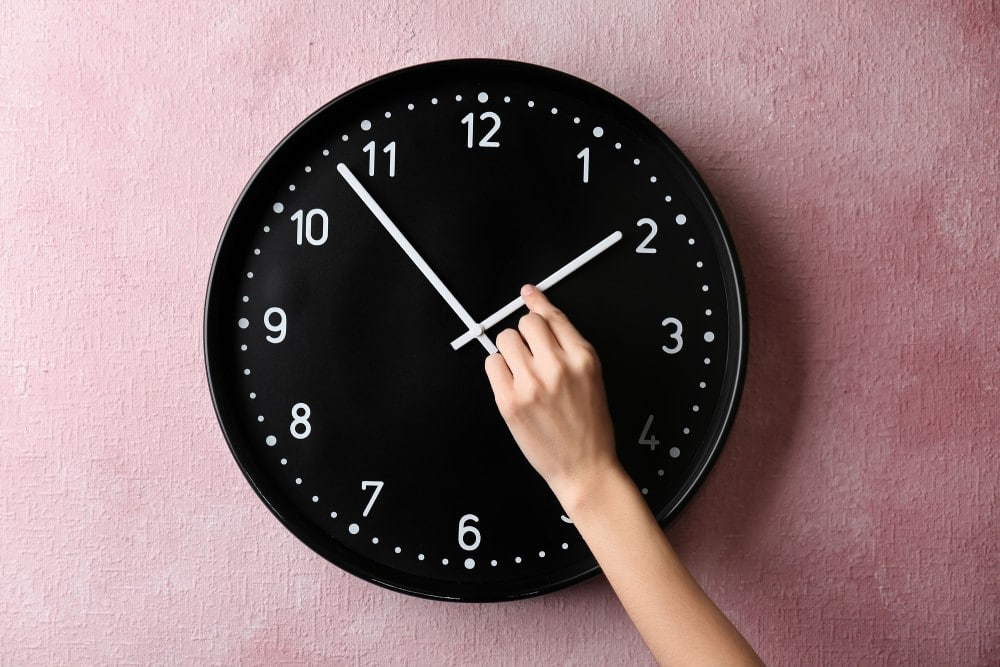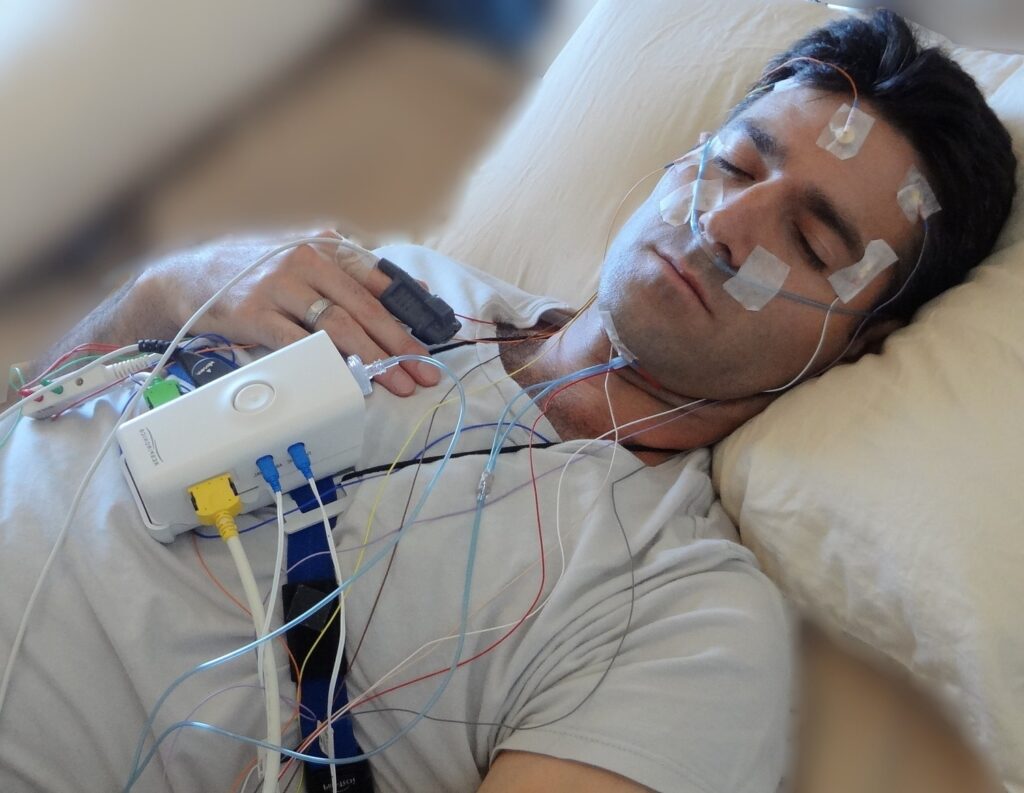

Have you ever found yourself unexpectedly awake in the middle of the night (say, 3 am or so) and suddenly fixated on all of your wrong-doings and personal shortcomings? If so, you’re not alone (and if not, lucky you!). It’s almost as if your brain has decided to treat you to its home movie of every cringe-worthy thing you’ve ever said or done, followed up with a detailed analysis of every possible negative outcome from each scenario.
As it turns out, there’s actually a reason — and a reason backed by neurobiology, nonetheless— that this happens (hey, at least there’s something to blame besides yourself!). According to science, our bodies begin preparing us for the day’s activities right around 3 or 4 in the morning. This process involves the dissipation of the sleep hormone melatonin, the increase of the stress hormone cortisol, and a rise in core body temperature.
We’ll circle back to that in a bit, but did you know that everybody wakes up multiple times during a night of sleep, regardless of whether or not you remember doing so? Research has even shown us that we tend to wake up more during the second half of a night’s sleep as we get closer to morning.
If you add even a little bit of emotional stress Trusted Source Stress is normal, until it's not. How to tell the difference - CNN Stress is “a normal human response to anything physical or emotional that places a strain on the person,” said Dr. Gail Saltz, clinical associate professor of psychiatry at The New York Presbyterian Hospital in New York City. www.cnn.com to that equation (like being in a global pandemic, for example) and those nighttime wake-ups can take center stage in our minds. In fact, people who are more stressed out tend to report sleeping less well, waking up more often, and having more intense symptoms of insomnia. There are, science tells us, very close links between mental health and poor sleep quality Trusted Source Sleep and Mental Health - Harvard Health Publishing - Harvard Health Mental health clinicians traditionally viewed sleep disorders as a symptom of a psychiatric disorder, but research suggests that in some patients sleep issues may be a cause of the disorder. www.health.harvard.edu , and up to 18% of the adult U.S. population is thought to have significant problems with sleep.
So how does all of this tie in with the doomsday thoughts that plague us in the wee morning hours, you may be asking yourself? Well, it has a lot to do with the fact that sleep is the time where our body (and our mind) are supposed to be doing a whole lot of recovering. During this process, most of the body’s resources are allocated to recovery tasks, leaving very little left to help you sift through your anxiety-fueled thoughts.
In other words, increased stress can cause us to wake up more easily at night, but our body’s natural state of recovery limits our access to the resources we would normally use to cope with such feelings of distress. We’re basically trapped on a treadmill of negativity, going through mental motions that normally (during the day) have natural counteractions that keep our emotional state in check. At night, however, our body is too busy to give us that support, and we’re left to deal with it by ourselves.
To that effect, it’s also important to mention that during the night, we’re not only cut off from our body’s natural coping mechanisms but also our environmental coping mechanisms as well. Most of our friends are probably sound asleep, which prevents us from seeking alternative forms of self-soothing.
The key takeaway from this is that while these early morning musings may feel productive, they really aren’t. Your brain is simply stuck on that treadmill, waiting for your body to help you out. This might not sound like cheery information, but knowing that you won’t get any of these dire problems solved by ruminating on them at three am can actually help you move past the cycle.
Next time you find yourself caught in this loop, try narrowing your mental focus. Pay attention to your breathing, force your mind to count the number of bricks in the wall from memory, or, when all else fails, listen to a good audiobook.





